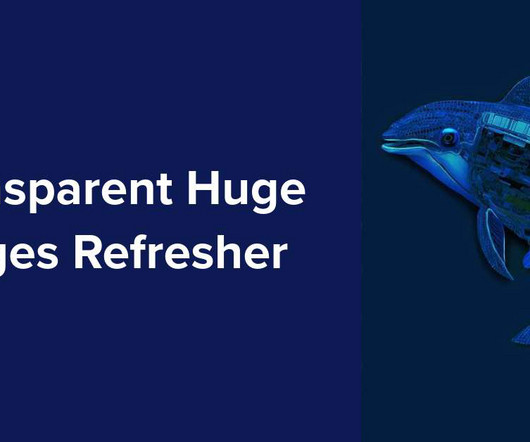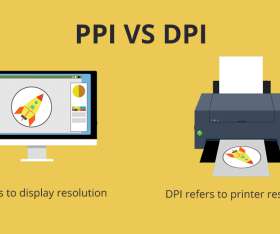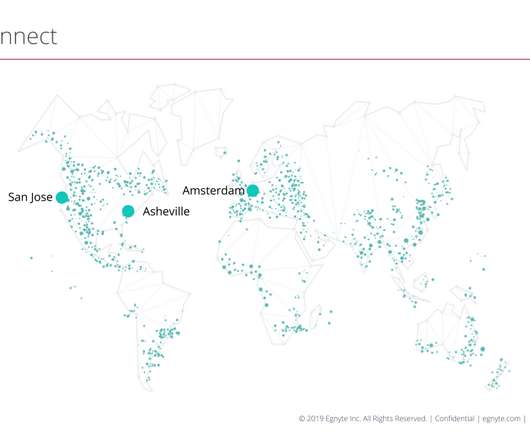Transparent Huge Pages Refresher
Percona
OCTOBER 3, 2023
Transparent Huge Pages (THP) is a memory management feature in Linux operating systems that aims to enhance system performance. The concept of HugePages in Linux has existed for many years, first introduced in 2007. In order to understand THP, we should first start with a brief description of Linux HugePages.












Let's personalize your content